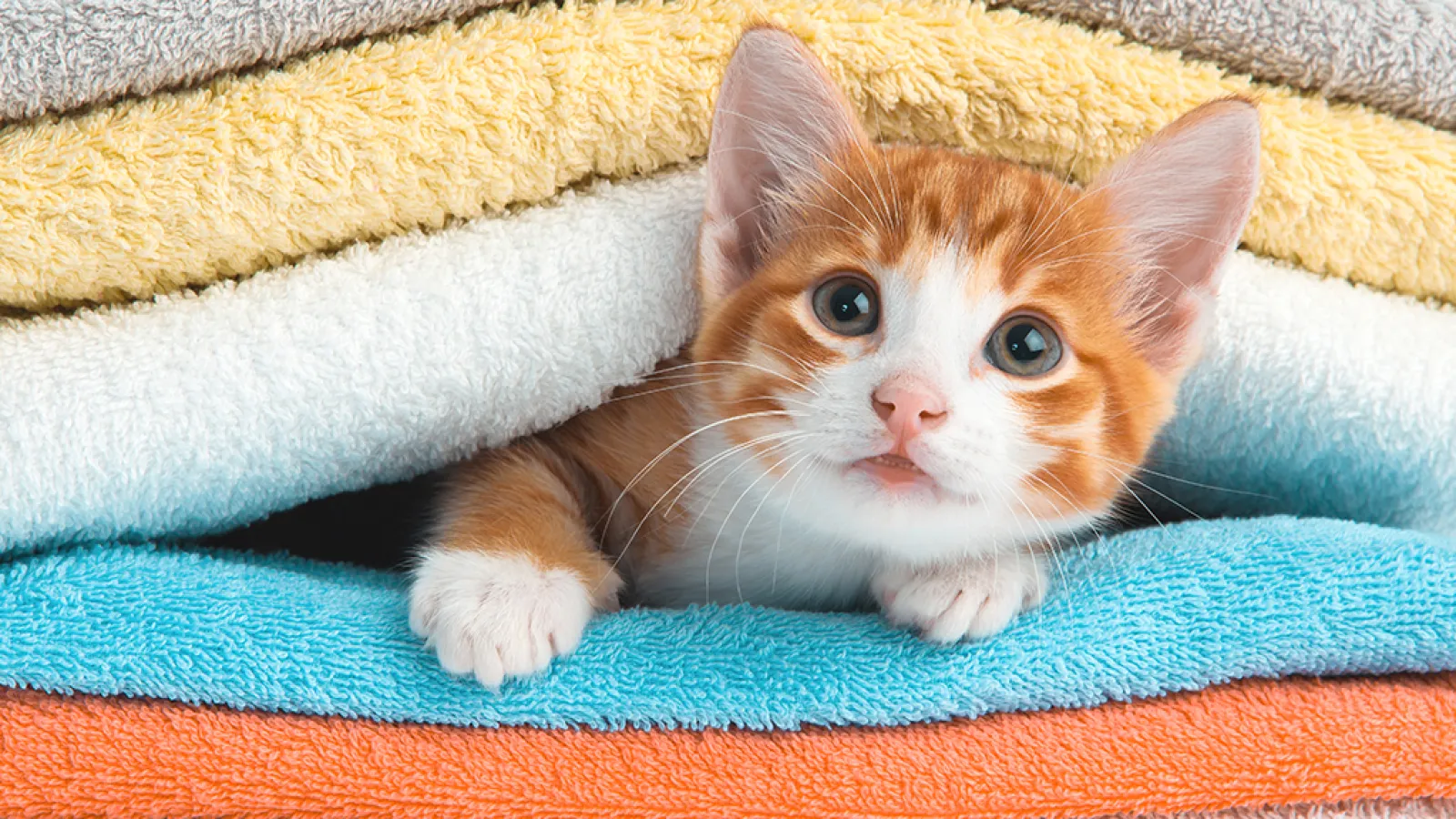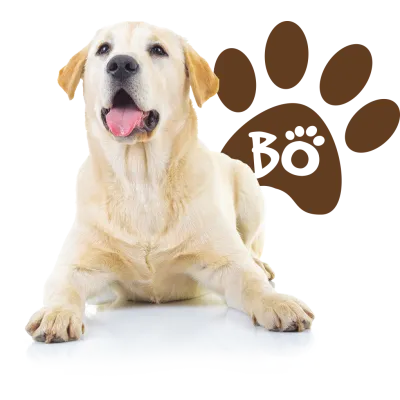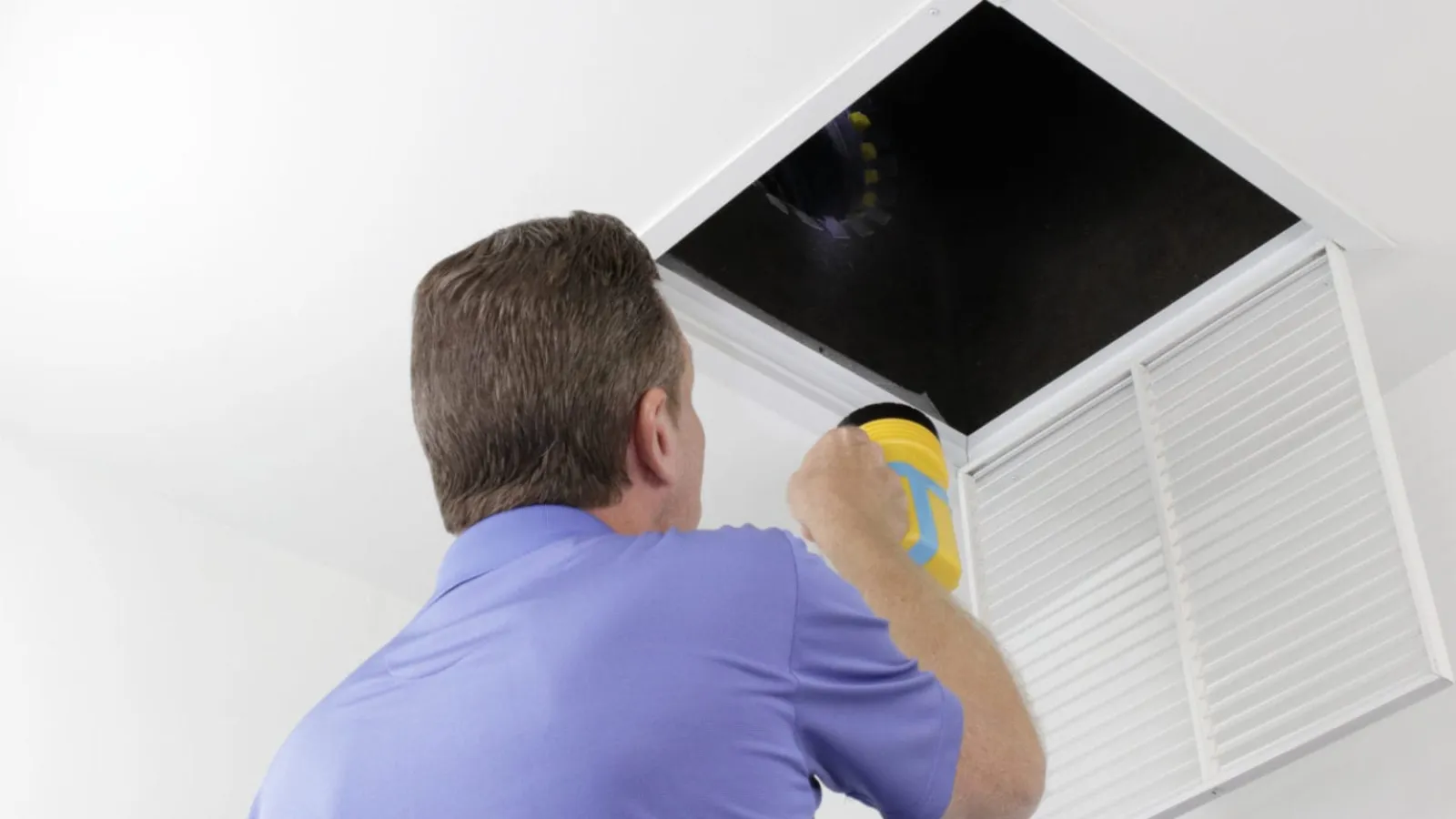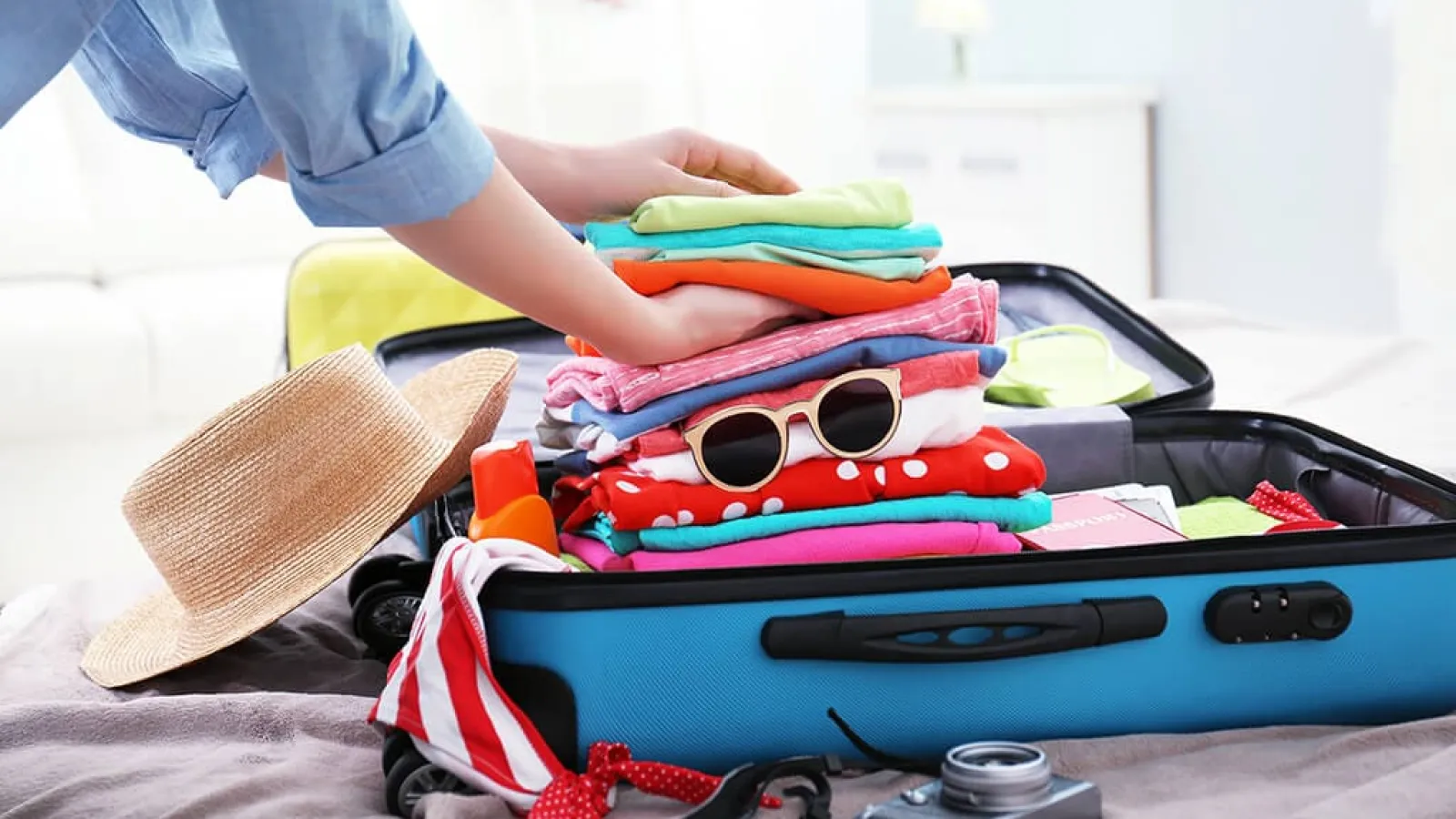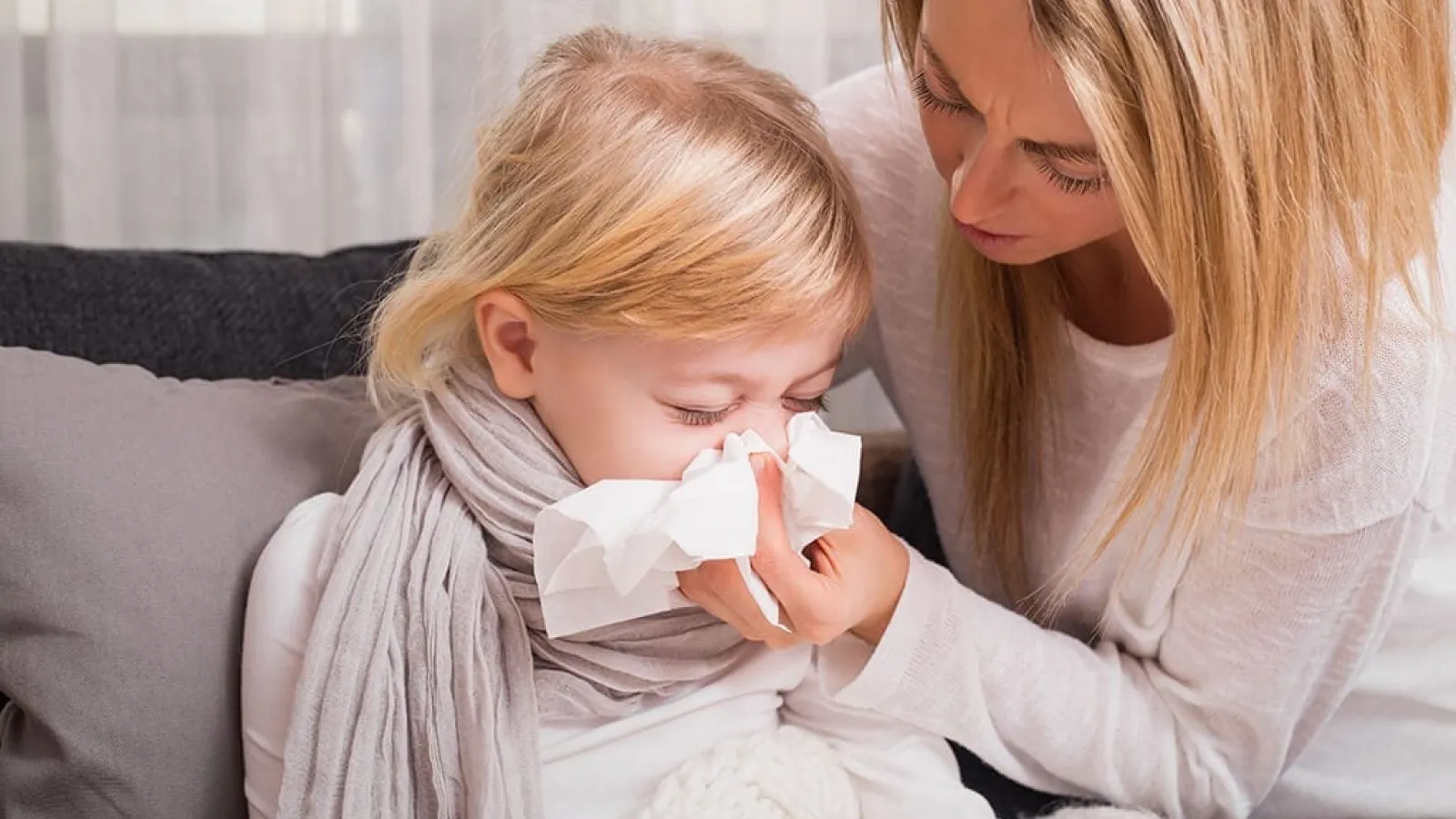Pets are an important part of many households across the Atlanta area, and dedicated owners treat their furry friends just like family. Despite the immense love we have for our pets, their presence indoors can cause some unique issues where your HVAC system is concerned. Estes Services explains some easy HVAC maintenance tips when pets are at home and how to keep your pets safe when around your HVAC equipment.
Separate Pets from Indoor and Outdoor HVAC Equipment
HVAC equipment can be dangerous for a curious pet, and pets can cause damage to your HVAC equipment. Protect your beloved animals and preserve your expensive heating and cooling equipment by keeping them separate.
- Pets should not be allowed near indoor heating and cooling equipment, as a curious cat or other creature could be tempted to crawl inside if they find a way to access it. Plus, allowing furry pets to get close to equipment can increase hair and dander buildup that may block parts of the system. Whether your indoor HVAC equipment is installed in a utility closet, attic, basement, or garage, don’t allow your pets to have access to these areas. Always keep doors shut, and if the system isn’t safely installed behind a door, create a barrier using pet gates to restrict access.
- Your outdoor air conditioner unit or heat pump can withstand the natural elements, but elements of your dog and other outdoor critters can be damaging. The last thing you want is for your dog to relieve itself on the outdoor unit, as the highly corrosive urine can seriously damage the aluminum fins along the exterior as well as the coils within. Again, a barrier is the answer here – but you need to leave some breathing room for your unit! Spaced fencing or lattice panels are good materials for building a protective surround as they allow air to move freely through the barrier to the unit while keeping pets out. Just be sure to leave at least two feet of clearance around the unit on all sides!
Indoor Air Quality Solutions for Households with Pets
With furry pets like cats or dogs in the home, you need to take care of managing their coats. Groom your pets regularly to reduce shedding, and remove hair outside the home. The more pet hair and dander you can keep out of your home, the less there is to invade your HVAC unit. This buildup inside your indoor unit can cause malfunctions and early system failure, not to mention poor system performance.
- A home with pets will likely experience the need for more frequent air filter changes. To keep your heating and cooling system running properly, check the filter once per month to assess if replacement is needed now or if the filter has some life left in it. Once the filter is completely covered in hair and other matter, it should be replaced. Some homeowners need to do so monthly; others can go longer without a new filter – it all depends on your pets.
- To keep more pet hair and dander out of your home and HVAC system, you may benefit from installing an air cleaner with your heating and cooling equipment. Media air cleaners provide additional filtration to further remove hair and pet dander in your air.
- Filters and equipment interiors aren’t the only places in the HVAC system where pet hair and dander can settle – it also builds up in the ducts, causing clogged air ducts! Remove piles of pet dander and shedding fur by having your ducts cleaned professionally about every two years.
- Once a month, take a vacuum and clean off hair stuck to vent covers across the home. Remove vent covers and vacuum down inside the supply or return duct to remove pet debris close to the surface. This helps prevent hair buildup from blowing back into your living spaces.
HVAC Maintenance Tips for Atlanta Pet Lovers
For more ways to protect your pets and keep them comfortable indoors, call Estes Services today! Our friendly team of heating and cooling pros will help pair you with the right solutions to manage the side effects of pets in the home and protect them as well as your HVAC system.
